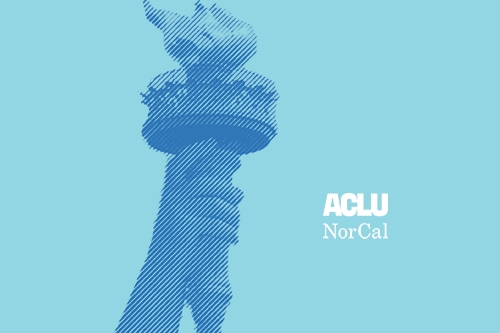Article Media

Washington, D.C. – The U.S. Supreme Court announced today that it will grant review in Hollingsworth v. Perry, the challenge to California’s Proposition 8, and in Windsor v. United States, the ACLU’s challenge to the so-called Defense of Marriage Act. The ACLU of California was co-counsel with Lambda Legal and the National Center for Lesbian Rights in In Re Marriage Cases, the case that legalized marriage for California same-sex couples in 2008. Windsor, an 83-year-old New York City resident, was forced to pay more than $363,000 in federal estate taxes after the death of her spouse, Thea Spyer, because their marriage was not recognized under federal law. If Spyer had married a man instead of a woman, no estate tax would have been owed.
Windsor is represented by attorneys from Paul, Weiss, Rifkind, Wharton & Garrison LLP; the American Civil Liberties Union; the New York Civil Liberties Union and the Stanford Law School Supreme Court Litigation Clinic.
“All couples deserve the freedom to express their love and commitment to one another and protect their families through marriage – lesbian and gay couples are no exception,” said Melissa Goodman, senior staff attorney with the ACLU of Southern California. “We hope the Supreme Court agrees.”
The court granted review of Hollingsworth on two essential questions: does California’s exclusion of same-sex couples from marriage violate the Equal Protection Clause of the U.S. Constitution; and do the backers of Proposition 8 have standing to defend it in court in the first place?
Same-sex couples could legally marry in California from June to November of 2008, when voters passed Proposition 8 by a narrow margin. The measure inserted language in the state constitution limiting marriage to between a man and a woman. Three same-sex couples represented by attorneys Ted Olson and David Boies filed suit in federal court, saying Proposition 8 violates the U.S. Constitution's guarantee of equal protection and that the right to marriage cannot be limited to heterosexuals.
Recent elections have indicated an indisputable sea change in public attitudes towards marriage for same-sex couples; polls this year show 54% of Americans support the freedom to marry, and in November, voters in Maine, Maryland and Washington approved ballot measures allowing lesbian and gay couples to wed.
If the justices rule in favor of the couples in Hollingsworth, the ruling could take a number of forms. It could overturn every state constitutional provision and law restricting marriage to heterosexual couples. It could also overturn just Proposition 8, limiting effect only to California, as a federal appeals court ruled earlier this year. The Court could also avoid ruling altogether on the constitutional question and find that the backers of the measure have no standing to defend it in court, presumably meaning that a 2010 district court ruling striking down Proposition 8 would stand. On the other hand, if the court upheld Proposition 8, while California couples would be unable to marry for the time being, it would leave open the effort to expand fair marriage laws state by state. At present, 30 states – including California – have amended their constitutions to exclude same-sex couples from marriage, though California and several others offer those couples comprehensive domestic partnerships or civil unions. Those arrangements offer same-sex couples most of the state rights and benefits that extend from marriage, without the considerable respect and status conferred by the word “marriage” itself.
Arguments in the cases most likely will take place by March, with a decision expected by the end of June.
